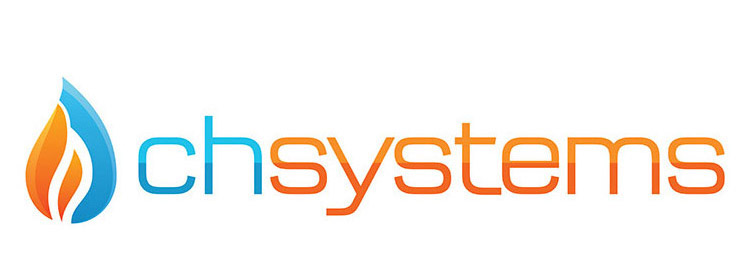Arlington House Apartments
CH Systems has recently been awarded the mechanical maintenance contract for Arlington House Apartments (SW1A 1RL), which offer a range of Luxury Serviced Apartments in Central London. Our maintenance work encompasses the servicing of 3no Potterton NXR14 boiler, 3no 500litre calorifiers as well as numerous other items of plant.
The apartments are designed in a contemporary modern style to provide travellers with a “home away from home” experience, including fully equipped kitchens with Miele appliances, a comfortable spacious lounge to relax and unwind, surround sound music system, wide range of television channels and individually controlled air conditioning.
Arlington Street is located near Green Park, just off Piccadilly, and is next door to the legendary Ritz Hotel. The apartments range in variety, from studios to three bedrooms, and make the ideal choice when travelling with family or friends.

For more information, feel free to contact the CH Systems team on 0208 302 8149 or info@chsystems.cc


